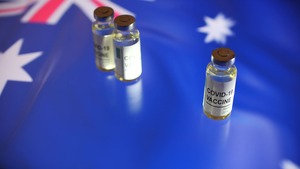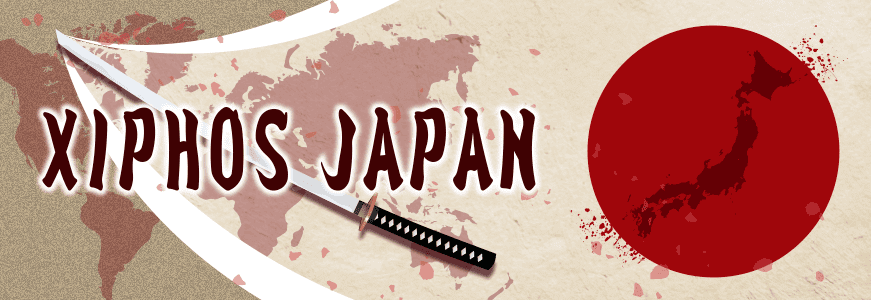 The damage caused to the global economy by the coronavirus has been estimated to be as much as 10,000,000 yen according to one theory.
The damage caused to the global economy by the coronavirus has been estimated to be as much as 10,000,000 yen according to one theory.
Aside from the safety aspect, however, vaccination rates against coronaviruses are increasing, and there are reports that the economy is recovering in proportion to the increase.
In Japan, the vaccination rate of the general public lags far behind that of other industrialized countries, and this delay has been a brake on economic recovery in some respects.
In addition to the vaccination rate, Japan’s constitutional system is also a hindrance in preventing the spread of the virus.
Corona Control & Vaccine Situation in Australia
Among developed countries, Australia has been able to control the spread of coronaviruses relatively well.
The reason for this is the ban on foreigners entering the country, which has yet to be lifted, and the complete quarantine of Australian citizens and permanent residents for two weeks in government-designated facilities when they return home. The government has also implemented strict penalties for those who leave the country unnecessarily.
In addition, as a matter of national policy, Australia has always had the strictest quarantine system in the world from the viewpoint of protecting endemic species in Australia, and it is not an exaggeration to say that Australia is accustomed to tighter quarantine and waterfront measures in case of emergency.
In addition, the vaccination rate of the Japanese people is very high, with more than 4 million people vaccinated at present, which means that about every sixth person in the country has been vaccinated.
Vaccination is available not only to Australian citizens, but also to temporary residents of foreign countries, although there is a priority system. Vaccinations are available at general practitioners (GPs) and pharmacies, not at special venues as in Japan.
The situation is so different from that in Japan that it is difficult to say that Australia is superior to Japan in some respects.
The corona vaccine is injected intramuscularly, which requires more skill on the part of medical personnel than regular injections.
In Japan, the skill level of medical personnel is average to some extent, but in Australia, the skill level is not always the same, and I have experienced painful swelling of my arm even after a small blood draw.
When it comes to intramuscular injections, which require more skill than that, the answer is obvious. There have also been many cases where the system has not been well related and has ruined the vaccine.
Although Japan has the above problems, it is not fair to say that Japan is behind other countries, including Australia, in everything, because Japan is a country where politeness, which can be called abnormal from a global perspective, is the motto.







